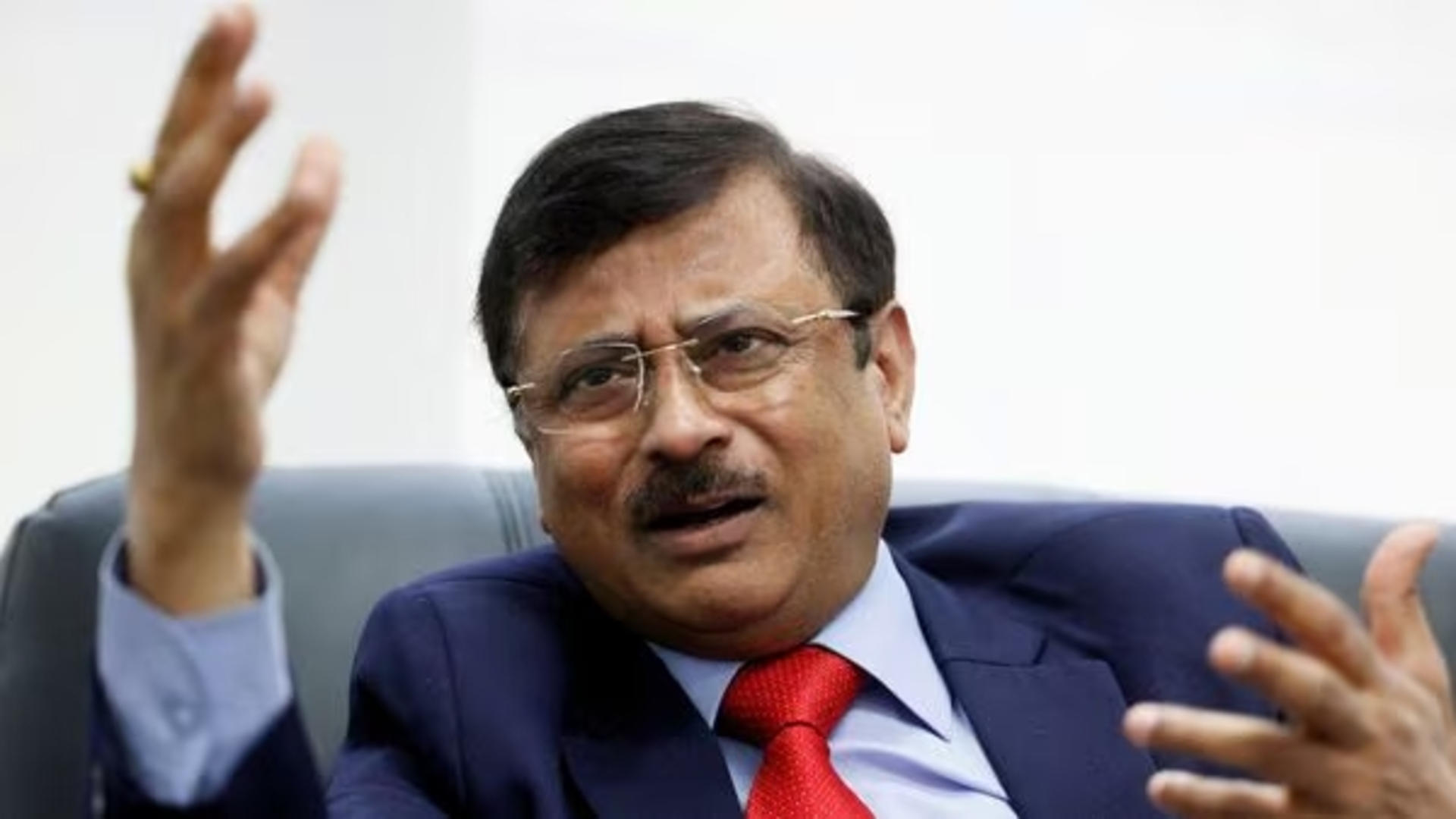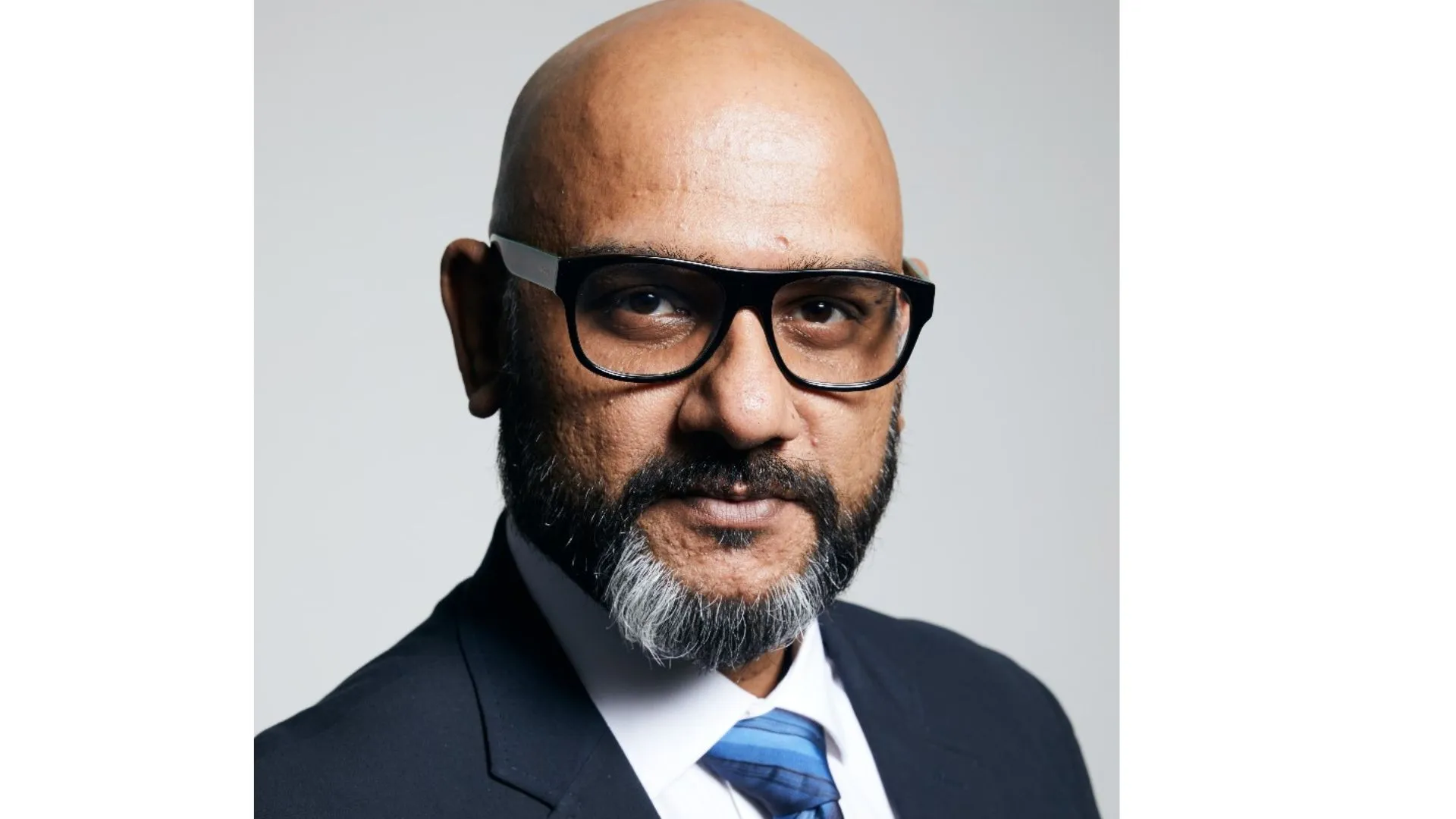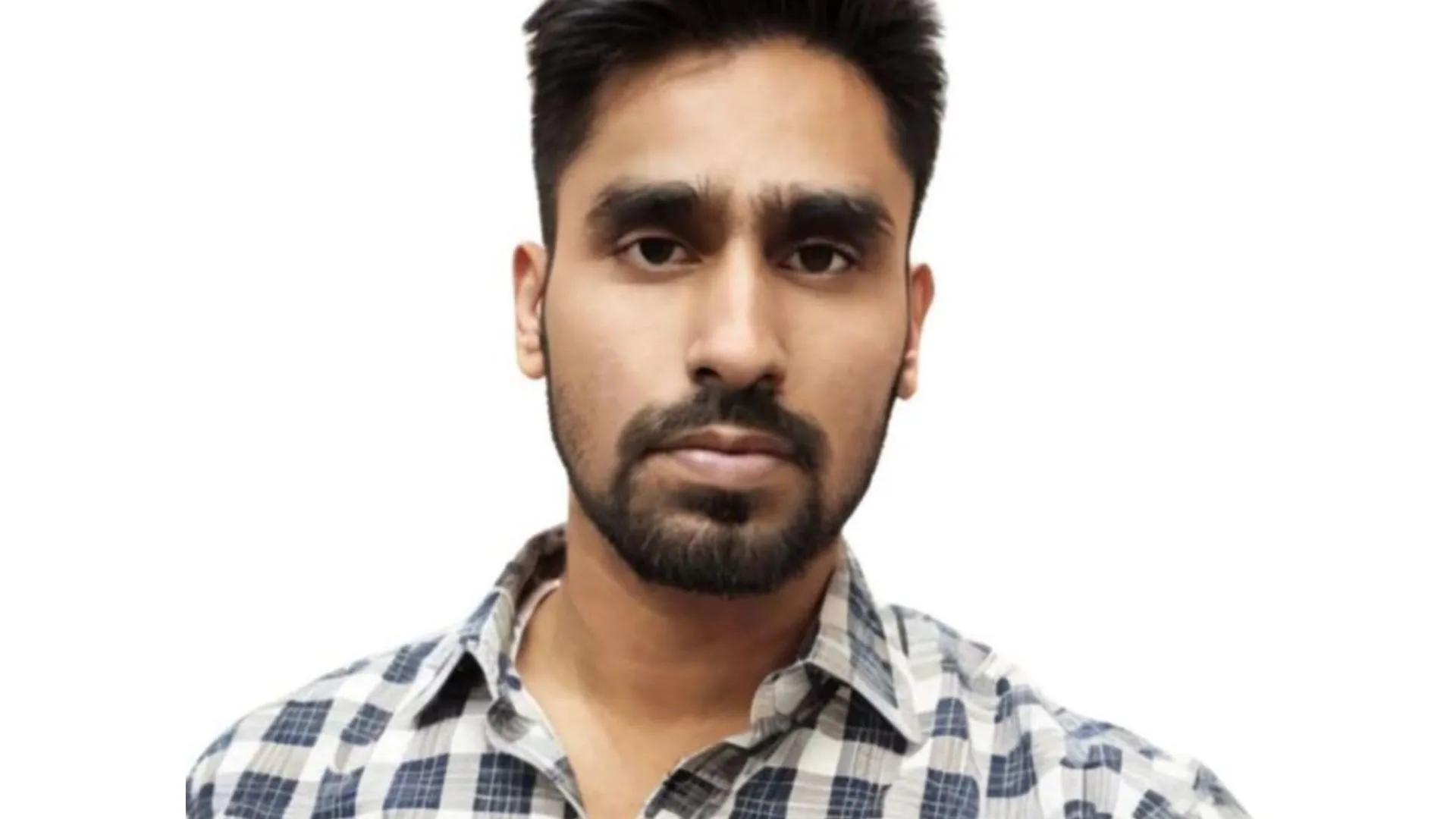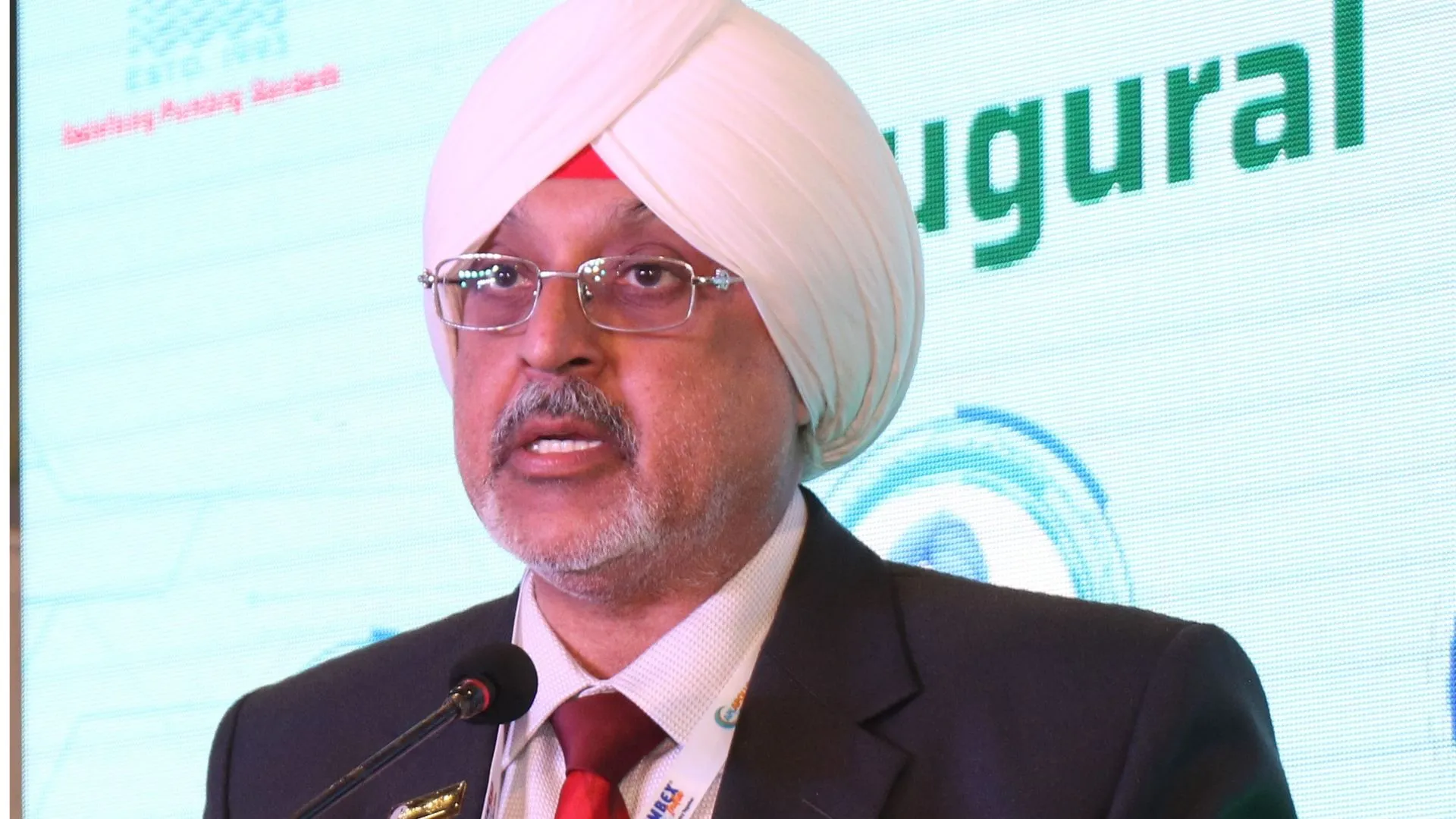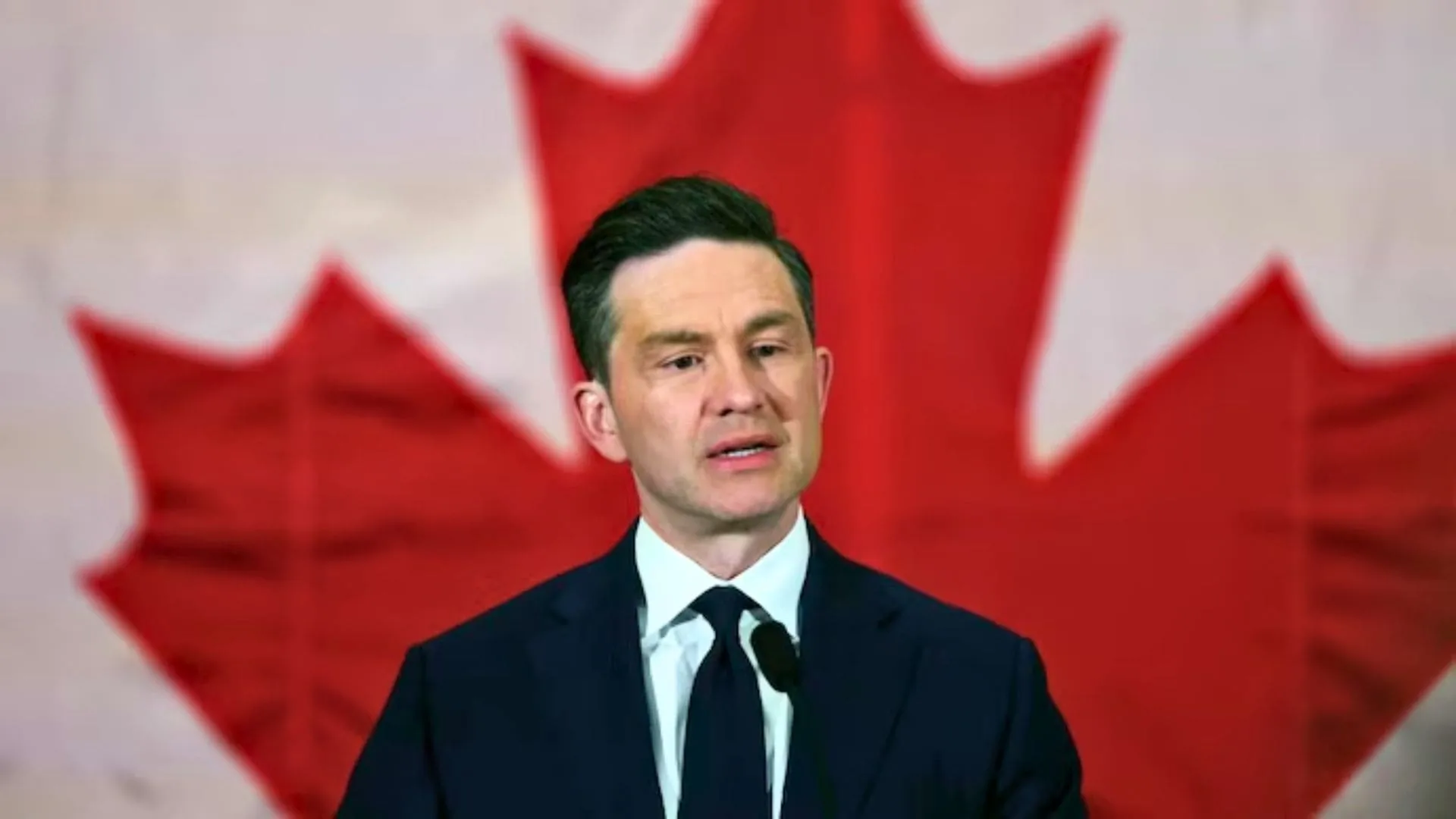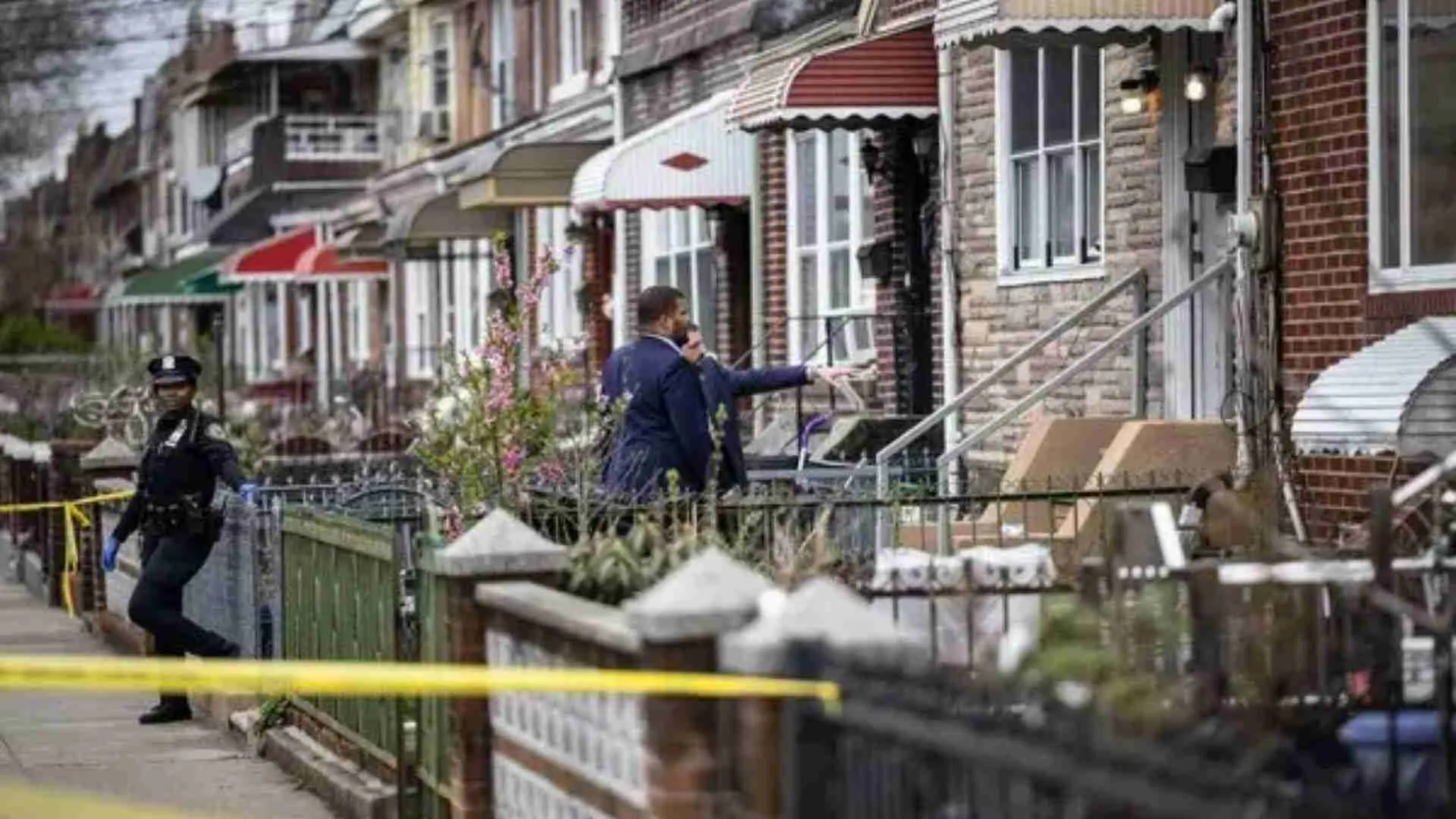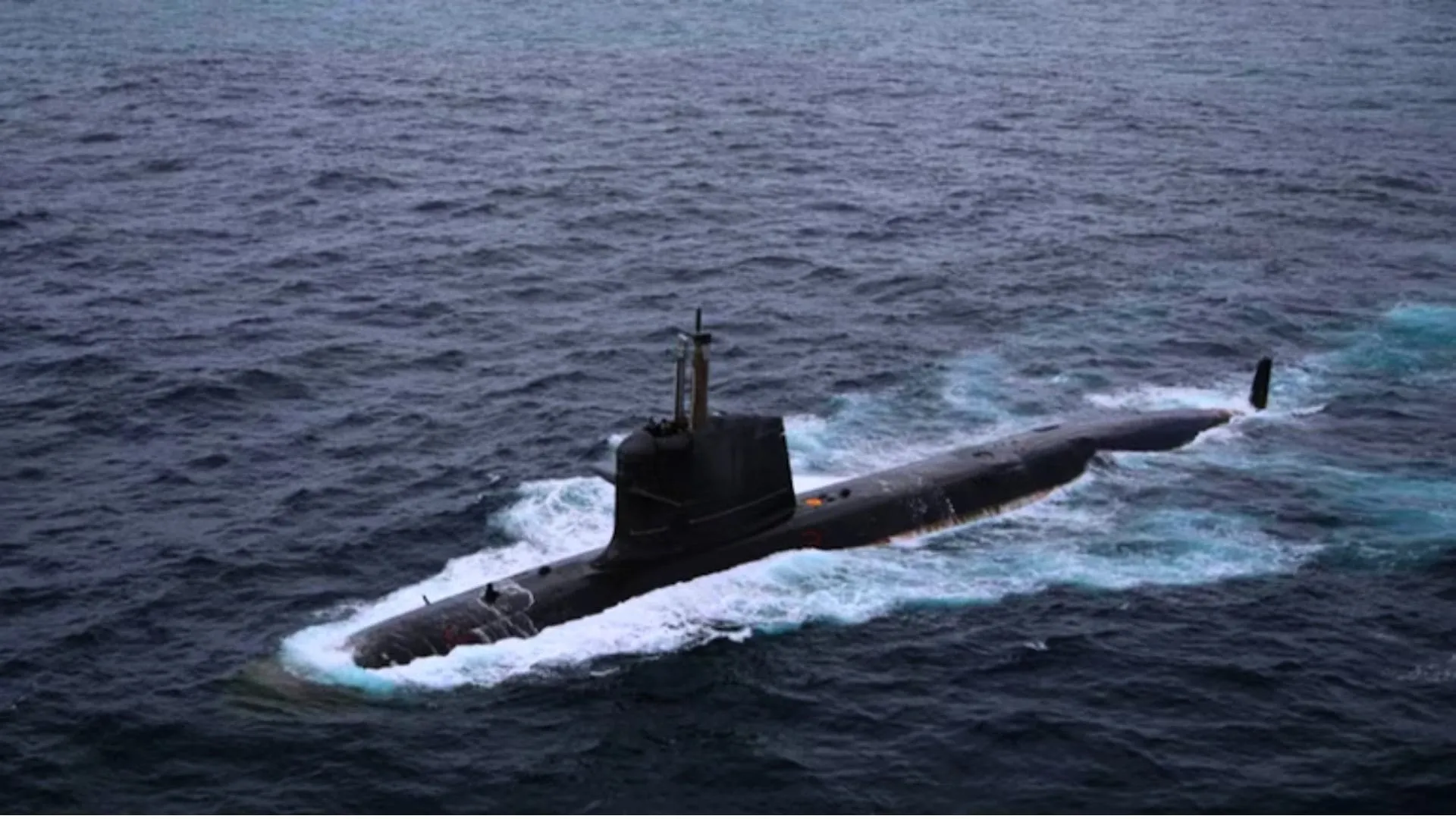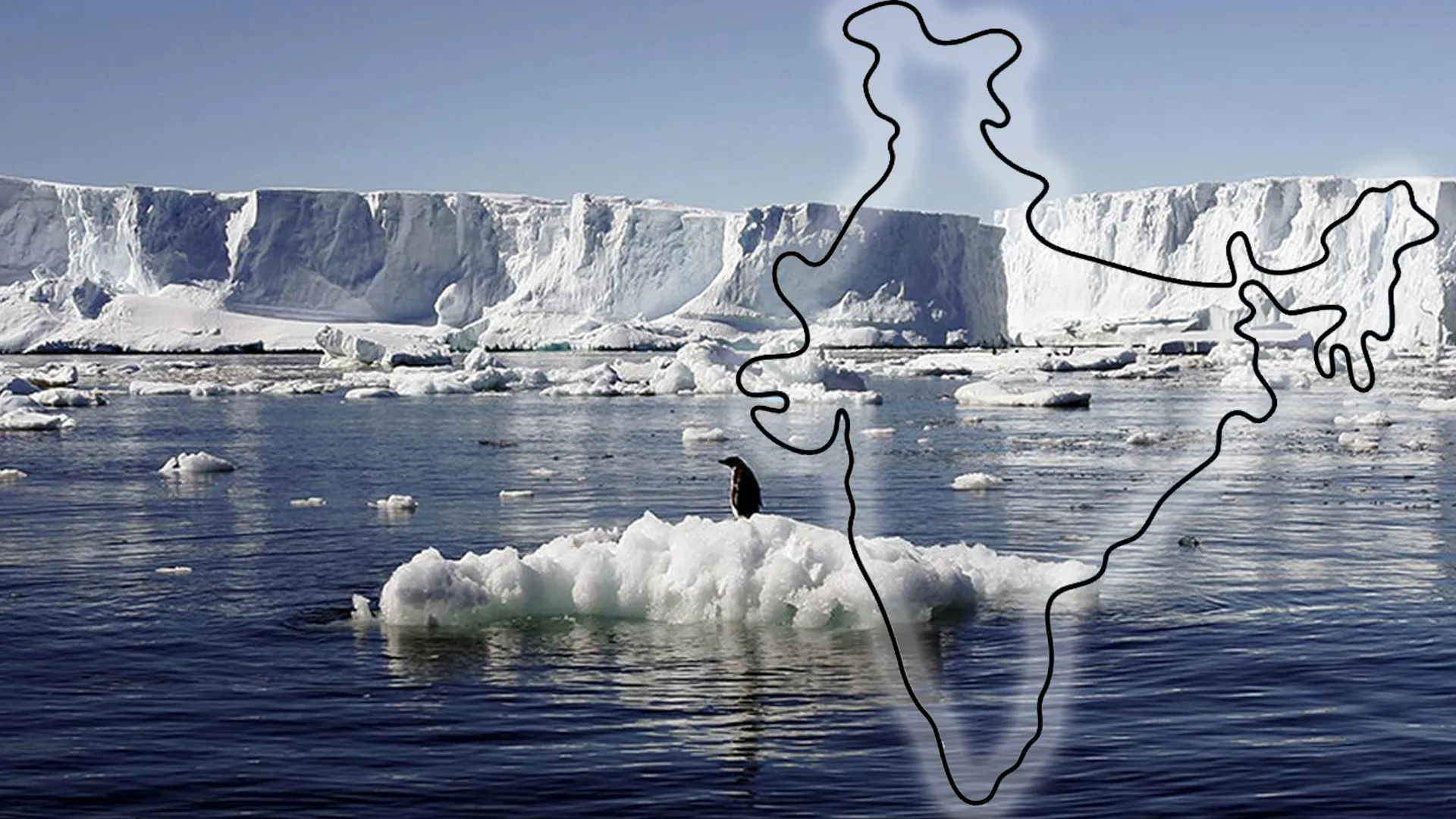Recalled Indian High Commissioner to Canada, Sanjay Kumar Verma, recently revealed harrowing details about an attack by pro-Khalistani extremists in Alberta, where assailants wielded sharp weapons, including what was allegedly a kirpan. Despite the presence of the Royal Canadian Mounted Police (RCMP) and local law enforcement, the extremists came alarmingly close, prompting police intervention to whisk Verma to safety. Verma described facing repeated threats and intimidation tactics, from aggressive slogans outside consular offices to personal effigy burnings, meant to provoke fear and disrupt diplomatic work.
Amid escalating tensions, Verma has accused the Canadian government of indirectly supporting Khalistani extremists, even suggesting some extremists are treated as “deep assets” by the Canadian Security Intelligence Service (CSIS). This comment has further strained relations as Verma criticized Canada’s inaction on these groups, arguing it emboldens anti-India activities. The incident marks a high point in the India-Canada diplomatic dispute, following Canada’s claims that Verma and other diplomats were involved in the assassination of Khalistani separatist leader Hardeep Singh Nijjar. Verma vehemently denied these accusations, labeling them politically motivated and lacking substantive evidence.
This diplomatic rift has significant implications, as Canada’s Foreign Minister, Mélanie Joly, warned of heightened scrutiny on Indian diplomats, while India maintains that Canada’s approach risks encouraging separatist sentiment within its borders. The controversy reflects broader security concerns, with both countries expelling diplomats as they grapple with national security interests and accusations of interference.
Also read: Kejriwal Sparks Power Cut Fears if BJP Wins Delhi Assembly Elections
The diplomatic situation remains tense, with ongoing calls for both nations to address each other’s security concerns while respecting sovereignty and national interests. This recent incident underscores the need for heightened international dialogue and security cooperation between Canada and India to resolve escalating disputes and prevent future escalations.

